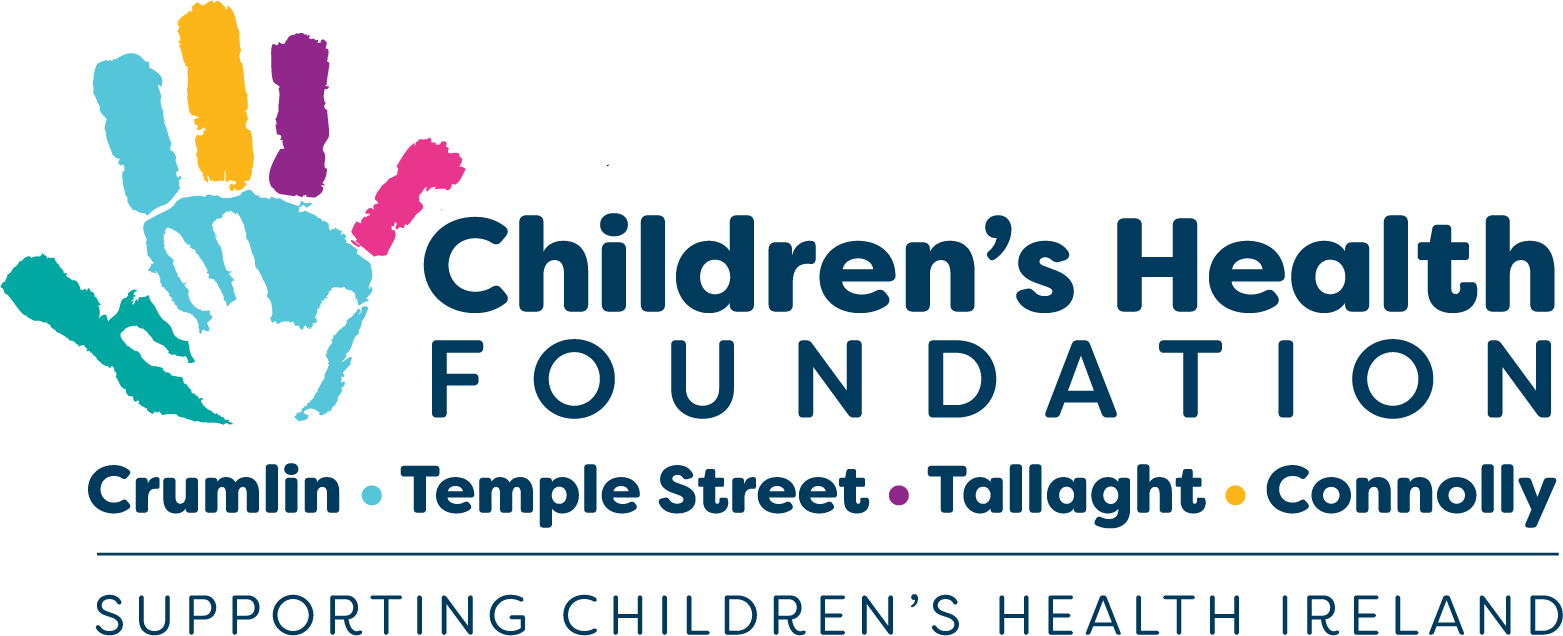Remote Learning: Advanced Dialectical Behavioural Therapy (DBT) Workshop
Note: Participants are required to provide evidence of having completed an introductory course in DBT by The Learning Curve Institute or equivalent in order to join this workshop.
DBT was founded in 1993 by Marsha Linehan, initially known as CBT for Borderline disorder. DBT is now used for treating many disorders such as Borderline, Bipolar, and other Personality Disorders. It has been proven useful for any level of suicidal behaviour, self-harming, or other self-destructive behaviour. DBT consists of a series of skills and techniques for working with personality disorders and other areas. Many people want to familiarise themselves with these skills without necessarily becoming a DBT therapist exclusively. The Advanced DBT course delivered by subject expert Hilde Davy, focuses on how to teach clients the group skills, how to develop further on these skills in one to one sessions and how to help clients with any form of self-destructive behaviour.
Suitable for:
- Professionals who see clients in one to one sessions and wish to add DBT techniques to their set of skills or want to use full DBT with their clients where applicable.
- People or teams working in inpatient or community settings.
- Mental health/psychiatric nurses, social workers, occupational therapists, clinical psychologists, psychiatrists, probation officers, people working in HR or Occupational Health departments.
- Carers for people with mental health issues.
Members of The Psychological Society of Ireland and The Addiction Counsellors of Ireland can receive learning credits/CPD points for completing this workshop.
“I particularly enjoyed the practicality of how the really helpful techniques could be applied in specific circumstances plus the interaction with Hilde and the collaboration she encouraged between attendees”.
Frank Harnett, Psychologist and Counsellor at Dublin Mind Clinic
November 2024
“Online training can be a challenge, however our Hilde made the material accessible and interesting with a balance of breakout sessions, video, slides and general discussion. The introductory and advanced courses together give a solid grounding in DBT and the confidence to put these skills into practice with suitable clients. Would recommend to professionals looking to upskill”.
Dr. Jeanine De Volder, Principal Psychologist, Forensic Psychological Services
November 2024
“I appreciated the tranquillity of the trainer; the deliberate pace made the workshop's contents both comprehensive and approachable to the audience, despite their complexity”.
Andreana Pulcrano, Clinical Psychologist, NEDRC, Dublin
November 2023
“Just like in the DBT workshop for beginners, I found Hilde just brilliant. She explains the course content really well. These workshops are really helpful in the sense that we learn skills to implement with clients and also get a great understanding of what DBT is and how it helps people. I think it is great that we have practical exercises that we can work on in groups – this allows us to practice and reflect on the exercise and outcomes".
Alexandra Ferreira, Clinical Psychologist, Nua Healthcare Services
June 2022
Duration
Two days training or four mornings.
Course content
- History and background.
- Biological Theory of emotional and behavioural dysregulation.
- Guidelines for skills training.
- Skills Training Assumptions.
- Mindfulness Skills.
- Interpersonal Effectiveness Skills.
- Walking the Middle Path.
- Emotion Regulation Skills.
- Distress Tolerance Skills.
- Analysing behaviour, Chain Analysis, Missing-Links Analysis.
- Validation and validating techniques.
- Problem solving techniques and DBT techniques used in one to one sessions.
Learning outcomes
The aim of this training programme is to enable participants to:
- Learn DBT techniques used in practice.
- Learn how DBT skills are taught in groups.
- Understand, in the non-therapeutic environment, when to refer people to DBT and have an understanding what can be expected during treatment.
Connect with Your Trainer
The Learning Curve Institute will distribute a unique pre-course questionnaire to each participant in order to ensure the training meets the needs of everyone and is tailored to the appropriate level while also covering specific situations or scenarios as highlighted by the group.
The Learning Curve Institute also offers a bespoke post course support system whereby particpants are provided with the contact details of the trainer and are free to contact them with any questions they may have.
Programme Certification
Participants will each receive an eCertificate of Completion in "Advanced Dialectical Behavioural Therapy" from The Learning Curve Institute.

